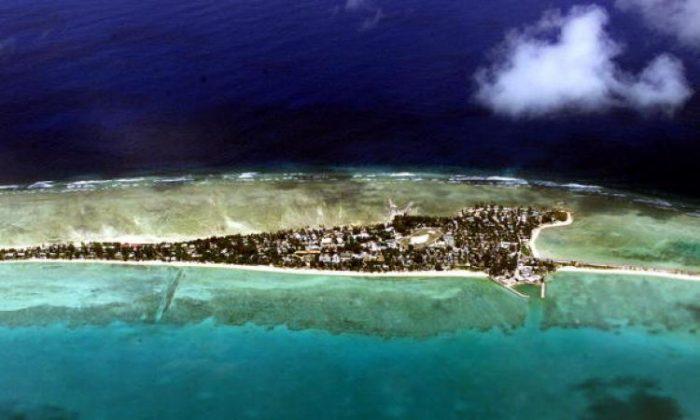Australia will provide an extra $2 million (US$1.4 million) in aid assistance for Kiribati as the pacific country’s drought continues to worsen.
This year, Kiribati has recorded less than 5.8 cm (2.3 inches) of rainfall, and the United Nations Children’s Fund (UNICEF) estimates that at least 119,000 people residing in Kiribati have been affected by the drought, including 79 percent of the total population in the southern islands of the Pacific nation, who are dependent on rainwater harvesting.
Australia and New Zealand Join to Provide Desalination Plant
Conroy noted that the funding package, along with joint financial assistance of $1.1 million from New Zealand (NZ), would enable Kiribati to install and maintain a high-quality desalination plant for Tarawa, the capital of Kiribati.“The new funding will enable the installation of a new desalination unit in Tarawa, as well as an electricity generator and ongoing technical and maintenance support. It will have the ability to convert seawater to fresh water and produce an additional 200,000 litres per day (52,800 gallons). Our countries are now working together to procure and deliver the unit.”
Australia’s aid will also provide transportation links for Australia and international partners to assist Kiribati, as well as portable water storage bladders and flatbed trucks to support water distribution into local communities and technical advisers with expertise in water and engineering.
Droughts Becoming Longer in the Pacific
UNICEF Pacific chief Nick Rice Chudeau in a press release, said that although droughts were a common feature in the Pacific, they were becoming more frequent and lasting longer, especially around the Gilbert Islands chain—16 atolls and coral islands that make up a large proportion of Kiribati–which sits around halfway between Hawaii and Papua New Guinea.“The weather and rainfall patterns have become more erratic in Kiribati,” he said. “These kinds of droughts are not new to the country but have become more frequent, lasting longer, and are more intense,” Chudeau said.




